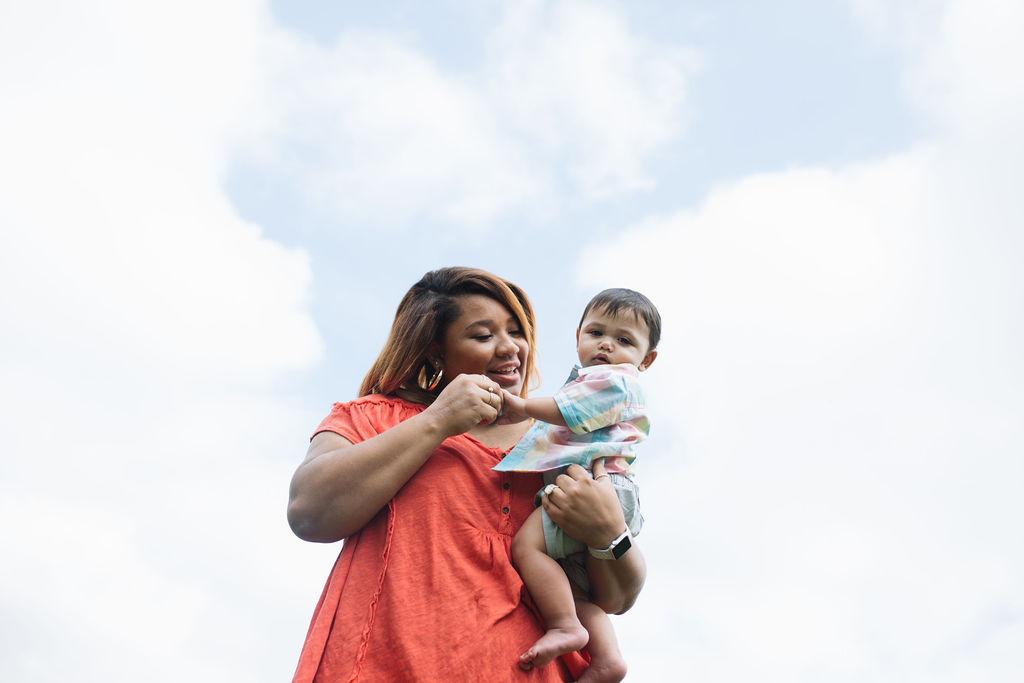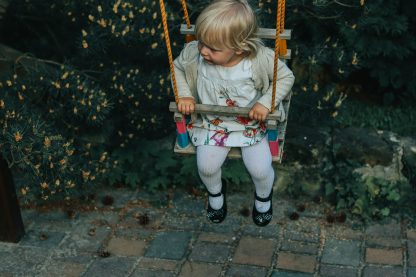Ensuring the safety of children is of paramount importance for any babysitter. Whether you are an experienced caregiver or just starting out, being prepared to handle emergencies, particularly fires, is crucial. As a responsible babysitter, you play a vital role in safeguarding the children in your care and minimizing the risks associated with fire hazards. This article aims to provide comprehensive guidance on fire safety for babysitters, including preventive measures and proper emergency handling techniques.
Table of Contents
Understanding Fire Hazards
Fires can be devastating and cause unimaginable harm within a matter of minutes. Understanding the common causes of fires can help babysitters identify potential hazards and prevent them from occurring. Some typical fire hazards include kitchen accidents, unattended candles, faulty electrical wiring, overloaded outlets, and smoking materials. By recognizing these risks, babysitters can proactively take steps to prevent fires and reduce the likelihood of emergencies.
On-Demand Childcare in Your Neighborhood
Book a Sitter
Fire Prevention Tips
Preventing fires is at the core of fire safety. As a babysitter, there are several essential preventive measures you can take to reduce the risk of fire hazards. Firstly, always stay in the same room as the children you are caring for, especially younger ones who may require constant supervision. This ensures that you can immediately address any potential fire risks or unsafe behaviors.
Additionally, educating children about fire safety is crucial. Teach them about the dangers of playing with matches, lighters, or any other flammable objects. Emphasize the importance of never leaving cooking appliances unattended, even for a brief moment. Encouraging children to report any potential fire hazards they notice is also an effective way to prevent emergencies.
Creating a Fire-Safe Environment
Preparing the environment in which you babysit is a key step towards ensuring fire safety. Begin by conducting a thorough inspection of the house, identifying potential fire hazards and addressing them accordingly. Make sure smoke alarms are in proper working condition, testing them periodically to ensure functionality. If there are any non-functioning alarms, inform the homeowners and encourage them to replace the batteries or the entire unit.

Moreover, it is essential to remove any flammable materials from areas accessible to children. Keep matches, lighters, and candles out of their reach, storing them securely and separately. Ensure that electrical outlets and cords are not overloaded, as this can cause electrical fires. Teach the children not to tamper with electrical sockets or cords, and instruct them on the correct use of electrical devices.
Handling Fire Emergencies
Despite taking extensive preventive measures, emergencies can still occur. Knowing how to effectively handle fire-related emergencies is vital for babysitters. The first step is to remain calm in stressful situations and quickly assess the severity of the fire. If the fire is small and contained, ensure the children are evacuated immediately to a safe location outside the house.
In the event of a larger fire, you should prioritize the safety of the children and yourself. Dial the emergency services as soon as possible, providing them with accurate information about your location and the situation at hand.
Teach the children to crawl low to avoid inhaling smoke, and cover their mouth and nose with a cloth or a piece of clothing to reduce smoke inhalation.
Fire Safety Training for Babysitters
To enhance your ability to handle fire emergencies effectively, consider undergoing fire safety training specifically tailored for babysitters. Such programs provide comprehensive knowledge about fire prevention, emergency response techniques, and important protocols to follow during fire incidents. By obtaining formal training, you can ensure you are well-equipped to protect the children in your care and minimize the potential risks associated with fires.
Conclusion
As a trusted babysitter, ensuring the safety of the children you watch over is of utmost importance. By understanding fire hazards, taking preventive measures, creating a fire-safe environment, and knowing how to handle fire emergencies, you can significantly reduce the risks associated with fires. Being a responsible caregiver means being proactive in implementing fire safety measures and staying prepared for any unforeseen circumstances. By prioritizing fire safety, you can create a secure environment for the children and provide peace of mind for both their parents and yourself.











